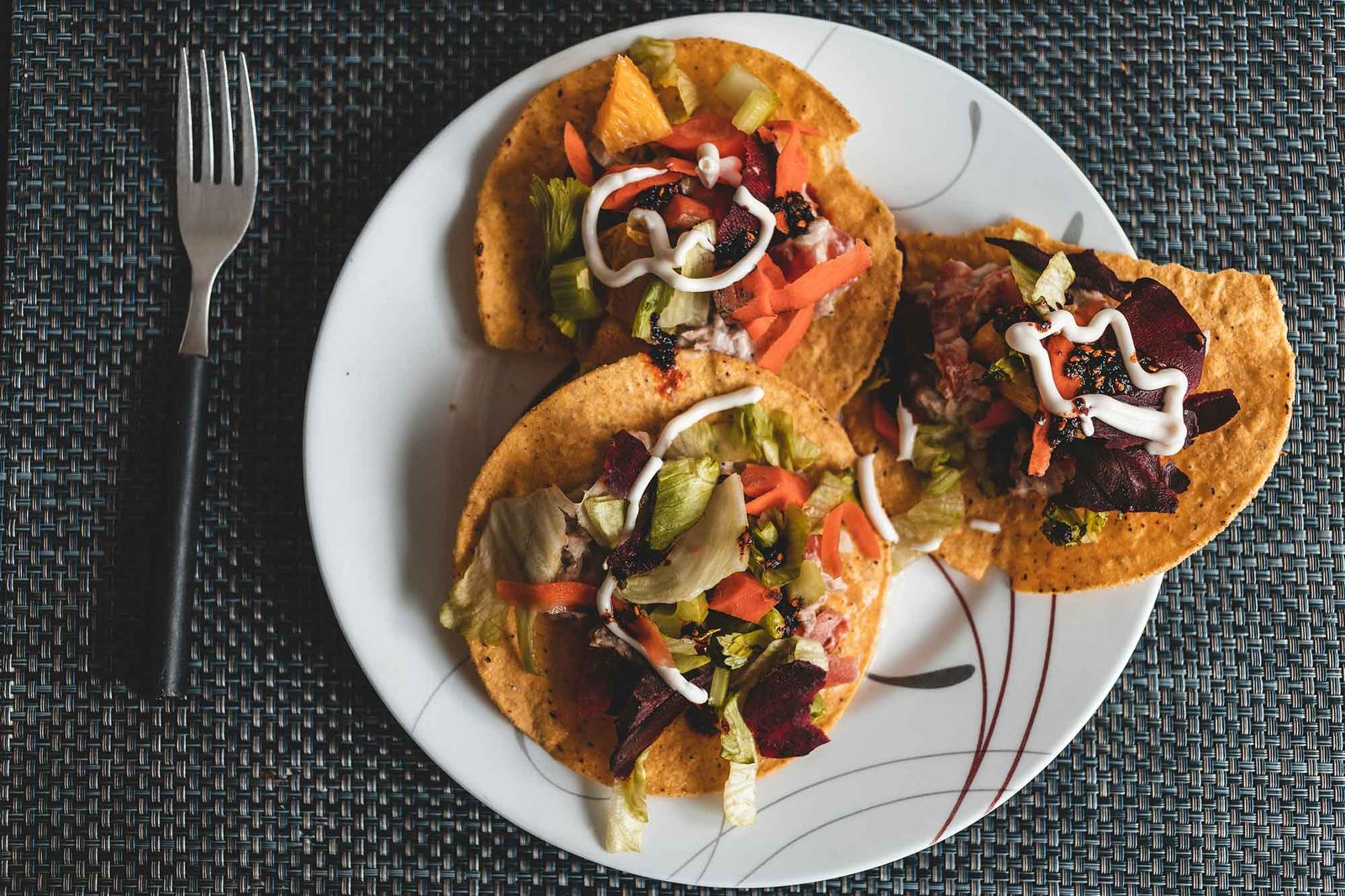Africa has a rich culinary heritage, with traditional diets deeply rooted in fresh, natural ingredients. However, the rise of fast-food culture is shifting eating habits, bringing both convenience and health concerns. But how does this shift impact long-term health?
In this article, we compare traditional African diets with modern fast food, exploring their benefits, risks, and how you can make healthier food choices for a better future.
The Strength of Traditional African Diets
For centuries, African diets have been based on natural, whole foods that promote good health. Here are some key benefits:
1. Rich in Nutrient-Dense Foods
- Traditional meals include whole grains like millet, sorghum, and fonio, which provide fiber and essential minerals.
- Leafy greens such as amaranth, moringa, and African spinach are packed with vitamins.
- Tubers like yams and cassava offer energy without excessive processing.
2. Balanced Protein Sources
- Beans, lentils, fish, and lean meats provide essential proteins without harmful additives.
- Fermented foods like ogi (fermented maize porridge) and iru (locust beans) improve digestion and gut health.
3. Low in Processed Sugars and Unhealthy Fats
- Natural sweeteners like honey and dates replace refined sugars.
- Healthy fats from nuts, seeds, and palm oil support heart health.
The Rise of Fast Food in Africa
With urbanization and globalization, fast food chains have expanded across Africa. Their convenience and affordability make them attractive, but they come with health risks.
1. High in Unhealthy Fats and Sugars
- Burgers, fries, and fried chicken are loaded with trans fats and sodium, leading to high blood pressure and obesity.
- Sugary sodas and desserts contribute to diabetes and heart disease.
2. Lack of Nutritional Value
- Fast foods are often calorie-dense but nutrient-poor, leading to deficiencies in essential vitamins and minerals.
3. Increased Risk of Chronic Diseases
- Studies link excessive fast-food consumption to obesity, diabetes, hypertension, and even some cancers.
Making Healthier Choices: Finding a Balance
You don’t have to completely avoid fast food, but moderation is key. Here’s how to make better food choices:
1. Prioritize Home-Cooked Meals
- Preparing traditional meals at home ensures you use fresh ingredients and avoid unhealthy additives.
2. Modify Traditional Recipes for Better Health
- Use healthier cooking methods like grilling or steaming instead of deep-frying.
- Reduce salt and replace with natural herbs and spices.
3. Choose Healthier Fast-Food Options
- Opt for grilled instead of fried items.
- Choose water or fresh juices over sugary sodas.
- Go for whole grain options when available.
Conclusion: Preserve Your Health with Smart Eating
Traditional African diets offer a wealth of health benefits that modern fast food lacks. While fast food may be convenient, its long-term impact on health can be detrimental. By making mindful choices—embracing natural, whole foods while minimizing processed and unhealthy options—you can enjoy better health and longevity.
So, what’s on your plate today? Choose wisely, because your future health depends on it!
Do you prefer traditional African meals over fast food? Share your thoughts in the comments!

